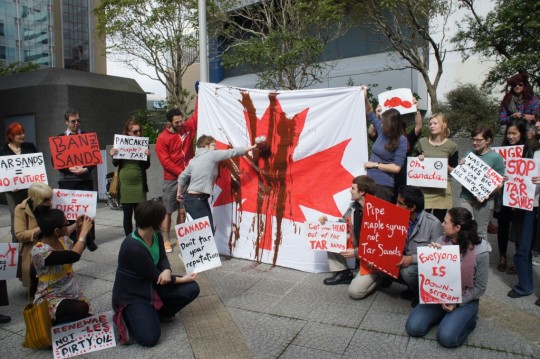Mar 16
20131
350.org / 1Sky, Foundations, MoveOn.org, Non-Profit Industrial Complex, Occupy Wall Street, Rainforest Action Network (RAN), The Soros Network | OSI
350.org Al Gore Alternet Center For American Progress Democracy Alliance George Soros Mother Jones SEIU SmartMeme The Nation Tides
Paid to Lose | The Progressive Movement is a PR Front for Rich Democrats
Weekend Edition March 15-17, 2013
by John Stauber





